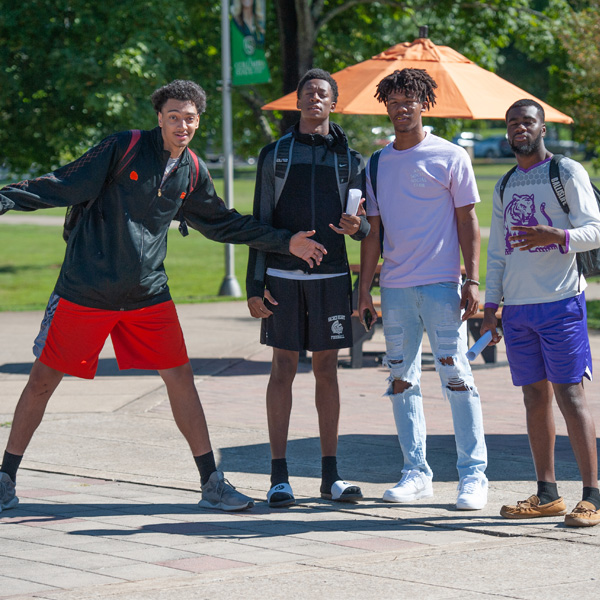
Flu/Virus Outbreak
If there is an outbreak of the flu or another communicable, airborne disease, take the following key preventative measures:
- Wash your hands often with soap and warm water—especially before eating and after you cough or sneeze. If soap and water are not available, use an alcohol-based hand gel.
- Cover your nose and mouth with a tissue when you cough or sneeze. Throw the tissue in the trash after you use it. If a tissue is not available, cough into your shirtsleeve.
- Avoid touching your eyes, nose or mouth. Germs spread that way.
- Do NOT share your food, drink or utensils with others.
- Avoid close contact with sick people. Onset of symptoms can take up to three days after you’ve been exposed to the virus.
- If you become sick, stay home and avoid contact with others until you’ve been symptom-free for twenty-four hours. (A mild, lingering cough may occur, but as long as there are no other flu symptoms, this shouldn’t prevent proceeding with your normal activities.)
Know the signs and symptoms of the flu. A fever is a temperature taken with a thermometer that is equal to or greater than 100 degrees Fahrenheit or 38 degrees Celsius. Look for possible signs of fever: if the person feels very warm, has a flushed appearance, or is sweating or shivering.
Stay home if you have flu or flu-like illness for at least 24 hours after you no longer have a fever (100 degrees Fahrenheit or 38 degrees Celsius) or signs of a fever (have chills, feel very warm, have a flushed appearance, or are sweating). This should be determined without the use of fever-reducing medications (any medicine that contains ibuprofen or acetaminophen). Don’t go to class or work.
Talk with your health care providers about whether you should be vaccinated for seasonal flu.
What Students Should Know About Their Coursework
During flu season, Columbia State Community College will operate as long as the majority of faculty and students are able to attend classes. Decisions to close the college or any of its campuses will occur in concert with local health departments. In the event of a cancellation, Columbia State will post the announcement at its website www.columbiastate.edu and will send an email to your official Columbia State email address. Please check these outlets often for notices. Area media outlets may also carry news relative to college closings or major event cancellations.
To learn if one of your classes is cancelled, check your Columbia State email for a message from your instructor or class’s division office.
Do I have to go to class?
If you are well, attend class. But if you have a fever or other flu-like symptoms, do not attend class. The CDC advises, “Limit interactions with other people for at least 24 hours after you no longer have a fever, or signs of a fever, without the use of fever-reducing medicines.”
Whom should I contact if I have questions about my courses?
Your first point of contact is the course instructor; call or email the instructor who teaches your class. If you cannot reach the faculty member, you should contact the division that offers the class. For classes meeting at one of the off-campus centers/sites, call the campus staff.
If I have a big test or assignment due and I have the flu or flu-like symptoms, what should I do?
You should not attend class if you have either flu or flu-like symptoms. Email or call your instructor for instructions preferably before the exam, quiz or assignment is due if at all possible.
If the college should close in late semester, how would I take my finals and get my grades?
Should Columbia State find it necessary to suspend classes, information will appear on the college’s homepage, and you would receive an email message with instructions sent to your official college email account. Monitor these sources regularly for the most up-to-date information.







